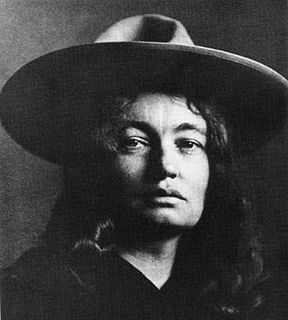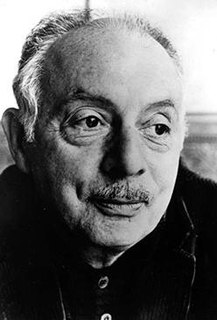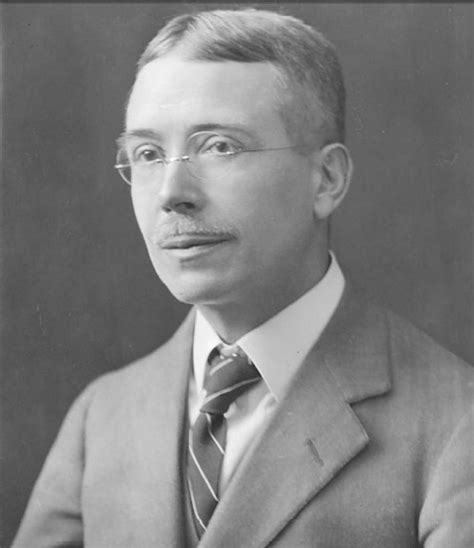A Quote by Marcus Vitruvius Pollio
Propriety is that perfection of style which comes when a work is authoritatively constructed on approved principles. It arises from prescription, from usage, or from nature.
Quote Topics
Related Quotes
Propriety of thought and propriety of diction are commonly found together. Obscurity and affectation are the two greatest faults of style. Obscurity of expression generally springs from confusion of ideas; and the same wish to dazzle, at any cost, which produces affectation in the manner of a writer, is likely to produce sophistry in his reasonings.
Of the first philosophers, then, most thought the principles which were of the nature of matter were the only principles of all things. That of which all things that are consist, the first from which they come to be, the last into which they are resolved....this they say is the element and this is the principle of things.... yet they do not all agree as to the number and the nature of these principle is water.
Profoundness, genius, spontaneity, merit, nobility, ingenuity, voice propriety, feeling, discernment, sensibility, good taste, great tone, rightness, courtliness, vivacity, boldness, style, freshness, harmony, perfection, imagination, purity, correctness. The greatest writer of all times. God's most astonishing creation.
What is the purpose for which Masonry exists? Its ultimate purpose is the perfection of humanity. Mankind it self is still in a period of youth. We are only now beginning to acquire a consciousness of the social aim of civilization, which is man's perfection. Such perfection can never end with physical perfection, which is only the means to the end or spiritual perfection.
This book is intended for use in English courses in which the practice of composition is combined with the study of literature. It aims to give in a brief space the principal requirements of plain English style. It aims to lighten the task of instructor and student by concentrating attention (in Chapters II and III) on a few essentials, the rules of usage and principles of composition most commonly violated. The numbers of the sections may be used as references in correcting manuscript.
The Greek word euphuia, a finely tempered nature, gives exactly the notion of perfection as culture brings us to perceive it; a harmonious perfection, a perfection in which the characters of beauty and intelligence are both present, which unites "the two noblest of things" - as Swift most happily calls them in his Battle of the Books, "the two noblest of things, sweetness and light."
PERFECTION, n. An imaginary state of quality distinguished from the actual by an element known as excellence; an attribute of the critic. The editor of an English magazine having received a letter pointing out the erroneous nature of his views and style, and signed "Perfection," promptly wrote at the foot of the letter: "I don't agree with you," and mailed it to Matthew Arnold.
Soviet-style communism failed, not because it was intrinsically evil, but because it was flawed. It allowed too few people to usurp too much power. Twenty-first century market capitalism, American-style, will fail for the same reasons. Both are edifices constructed by human intelligence, undone by human nature.
The analogy between the mind and a computer fails for many reasons. The brain is constructed by principles that assure diversity and degeneracy. Unlike a computer, it has no replicative memory. It is historical and value driven. It forms categories by internal criteria and by constraints acting at many scales, not by means of a syntactically constructed program. The world with which the brain interacts is not unequivocally made up of classical categories.
Modern man lives isolated in his artificial environment, not because the artificial is evil as such, but because of his lack of comprehension of the forces which make it work- of the principles which relate his gadgets to the forces of nature, to the universal order. It is not central heating which makes his existence 'unnatural,' but his refusal to take an interest in the principles behind it. By being entirely dependent on science, yet closing his mind to it, he leads the life of an urban barbarian.



































